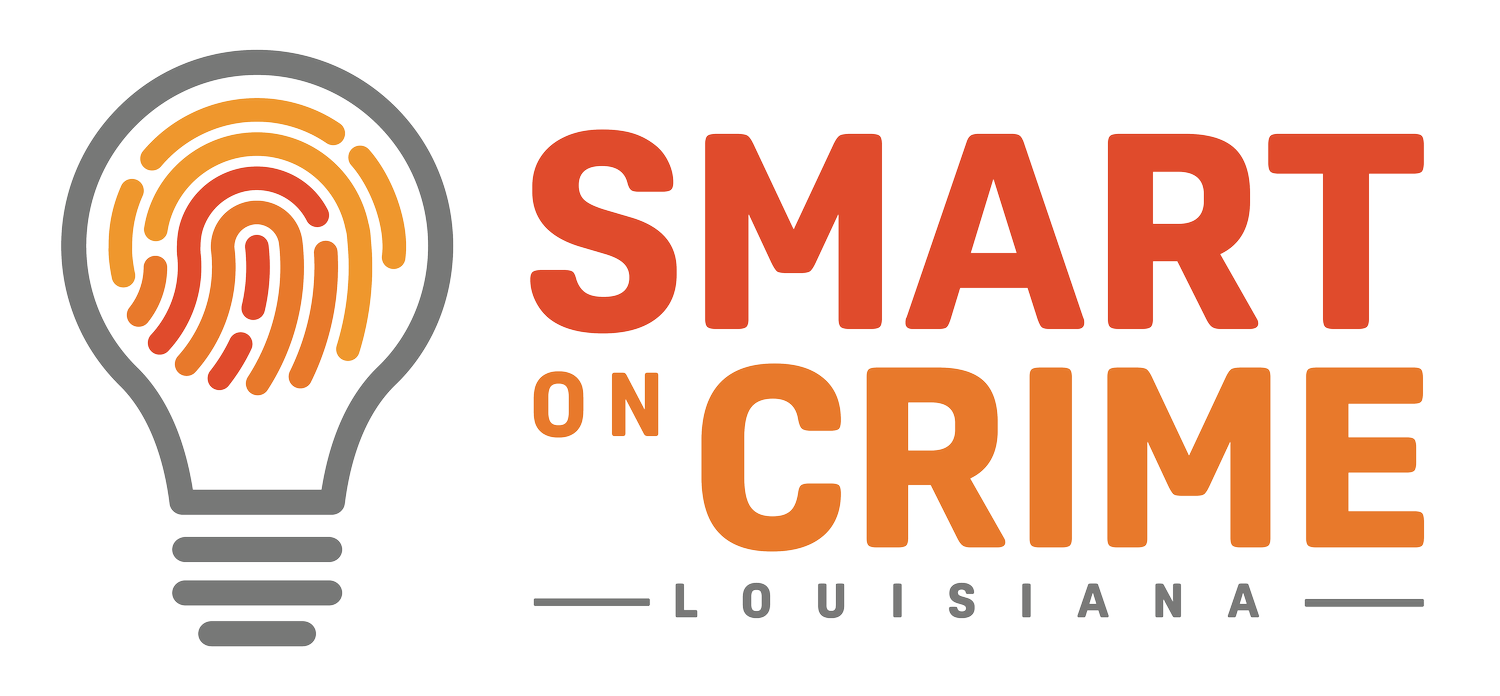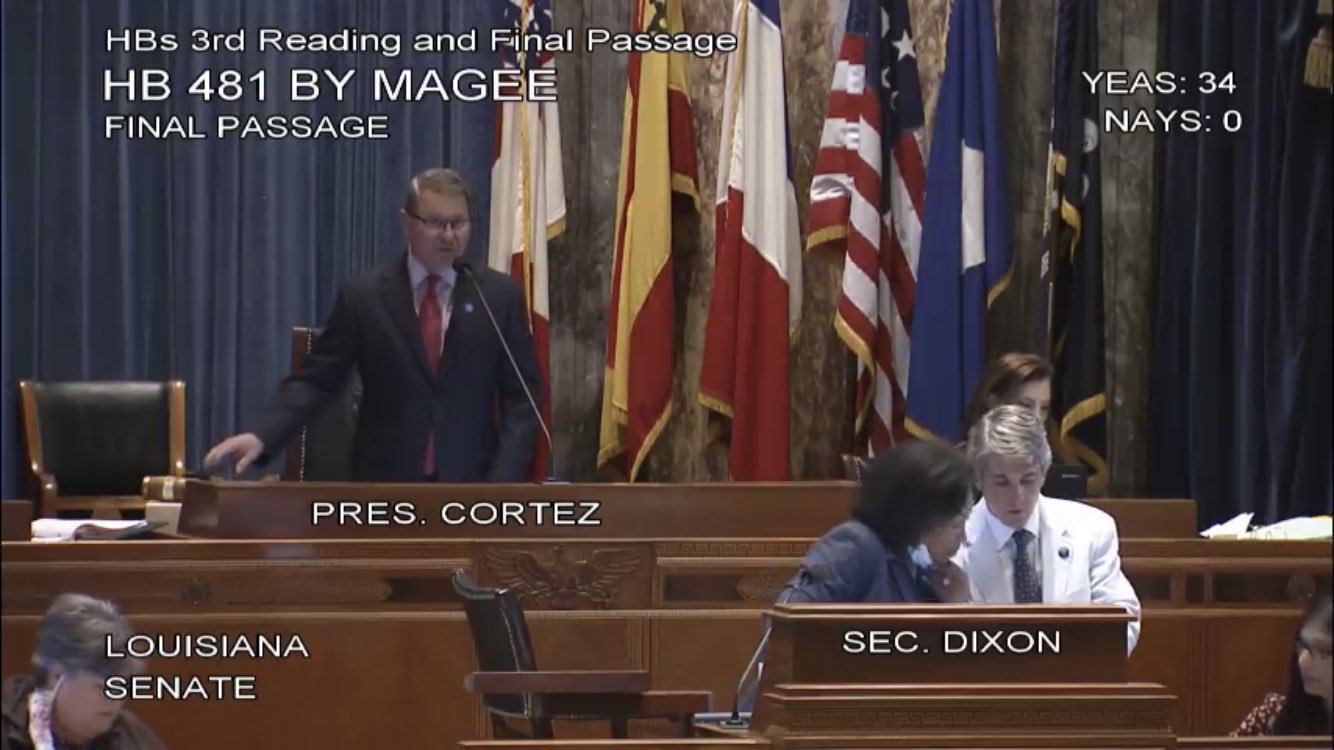Louisiana Takes Big Steps Toward Getting Re-Entry Ready
Originally appeared in
Despite its short length, Louisiana’s 2020 regular legislative session featured some major victories for criminal justice reform supporters. This year, Smart on Crime Louisiana and its allies launched the Re-Entry Ready initiative, which seeks to enact policies to help returning citizens successfully re-enter society, secure a quality job, and provide for their families.
COVID-19 put a pause on the session initially, but lawmakers returned in May and quickly began pushing several criminal justice reforms that have only grown in importance in the wake of the pandemic and subsequent state economic shutdown.
Legislation to reduce recidivism, improve public safety, and get returning citizens to work earned overwhelming support this session. HB 77 by Representative Phillip DeVillier will lift major barriers to opportunity by allowing those on probation to check-in virtually with an officer to avoid disrupting their employment. Those on probation and parole will now be able to use video technology instead of having to take time off work to accommodate an in-person meeting.
Another key reform to make Louisiana Re-Entry Ready is SB 354 by Senator Patrick McMath. SB 354 will require the Department of Corrections to provide an identification card to each individual upon their release. The cards, which list vocational accomplishments and certifications, will serve as a portable resume and thus remove barriers to jobs for recently incarcerated citizens. More returning citizens finding quality jobs equates to less recidivism and increased public safety throughout our state.
Victories were also achieved for adding oversight to the use of taxpayer dollars in the justice system. One was HCR 3, sponsored by Representative Tanner Magee. HCR 3 recreates the Commission on Justice System Funding, which has worked to bring accountability and transparency to Louisiana court funding over the last year. Rep. Magee’s resolution will allow the commission to continue its important work of determining how to effectively fund the courts without placing needless burden on taxpayers and defendants.
Rep. Magee also sponsored HB 481, which adds much-needed transparency to our fines and fees systems. HB 481 requires uniform reporting from courts and other entities that assess, collect, or receive revenue from fines and fees. In addition to the transparency measures, Rep. Magee’s HCR 2 will delay the suspension of the changes to the fines and fees system until the task force’s solutions are presented.
By working to make Louisiana Re-Entry Ready, we can make our state safer and ensure better use of hard-earned taxpayer dollars. We’ve come a long way since the initial reforms were passed in 2017. Now, we need to work together to ensure the momentum keeps growing, so we can build on the successes we’ve achieved and make Louisiana a leader in smart approaches to justice. Despite a condensed session and all the other obstacles we’ve faced over the last several months, we proved that making meaningful, common-sense change is not only possible but also broadly supported.
We look forward to continuing to work toward a safer, more prosperous Louisiana for returning citizens, crime victims, and all Louisianans.

